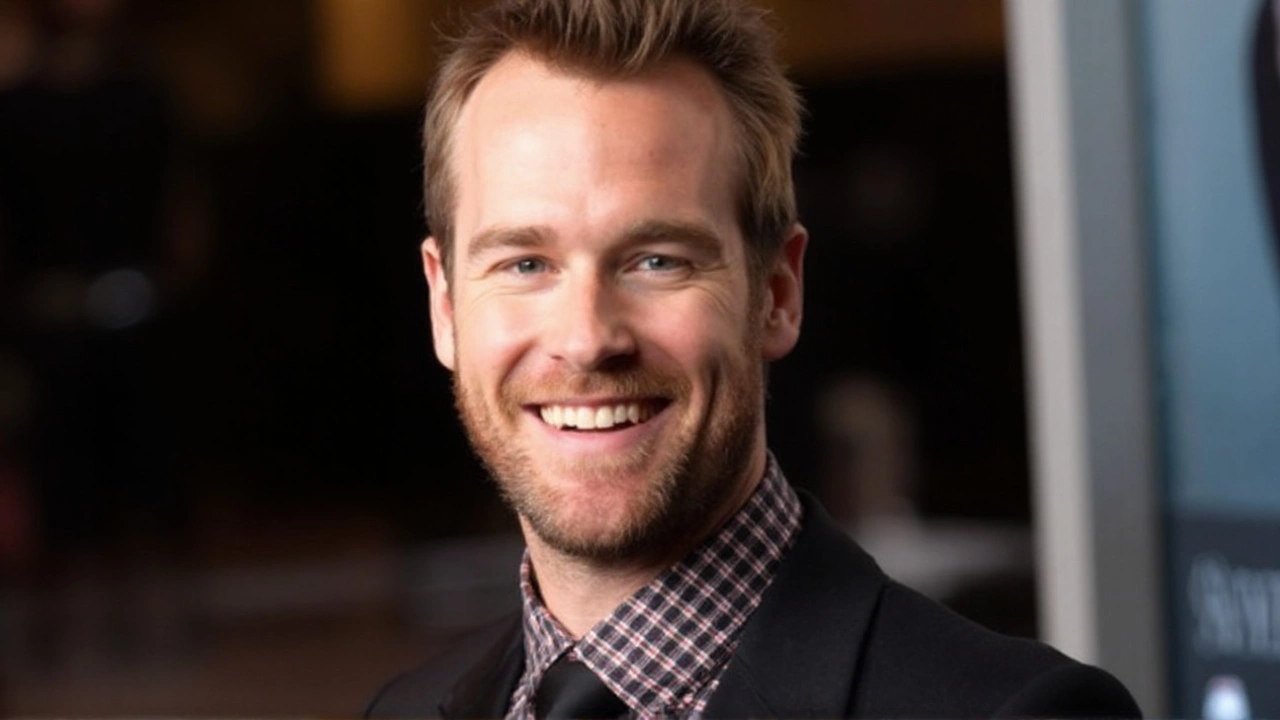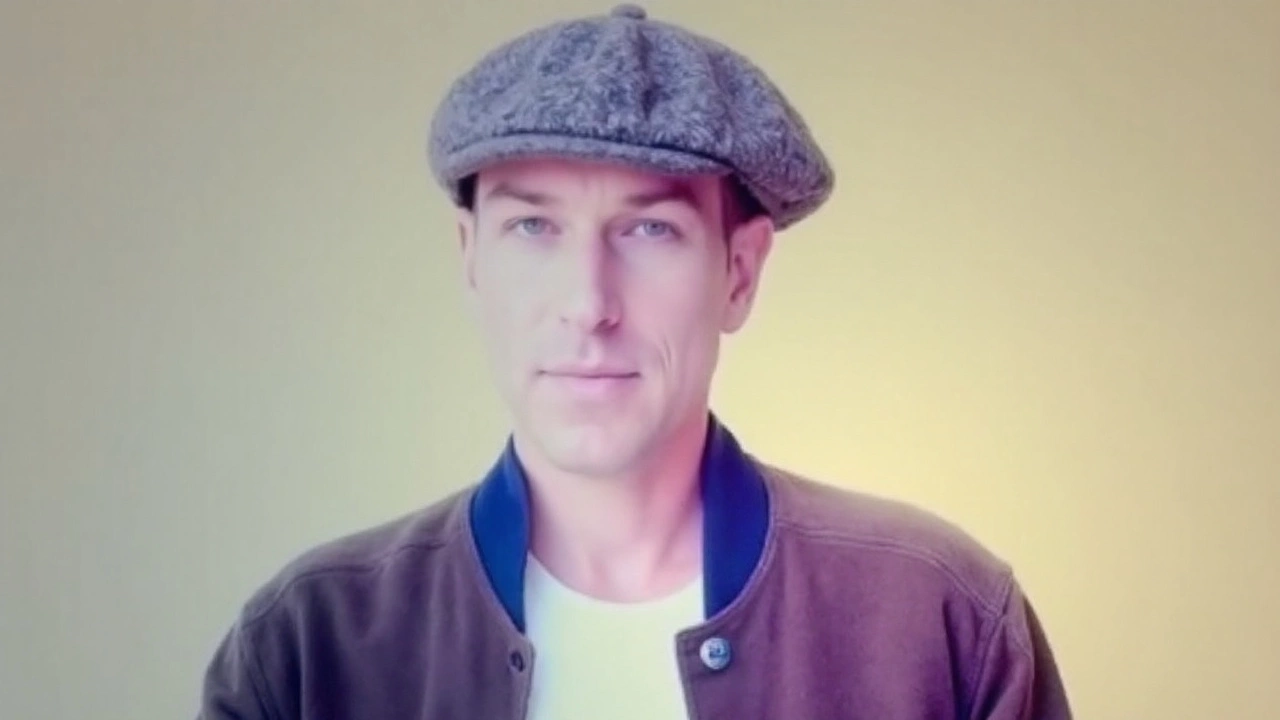When I first heard James Van Der Beek talk about his battle with colorectal cancer on People magazine, I was stunned. The 48‑year‑old ‘Dawson’s Creek’ star is usually known for his TV roles, not for health headlines, yet his openness turned a personal struggle into a public lesson about screening.
Why Early Detection Is Crucial
Colorectal cancer claims the lives of over 150,000 Americans each year, but the good news is that it’s one of the most preventable cancers when caught early. A routine colonoscopy can spot polyps before they turn malignant, and that’s exactly how James’s cancer was found in August 2023. The procedure isn’t glamorous, but it saved his life – a fact he’s been hammering home ever since.
Besides colonoscopy, there are now FDA‑approved blood tests that can flag cancer DNA circulating in the bloodstream. Guardant Health’s liquid biopsy, which James now promotes, offers a less invasive option, though doctors still consider colonoscopy the gold standard for confirmation.
- Colonoscopy: visual inspection of the colon; recommended every 10 years for adults 45‑75.
- Stool‑based tests (FIT, gFOBT, Cologuard): detect hidden blood or DNA; need annual or triennial testing.
- Blood-based liquid biopsy: detects tumor DNA; emerging tool, not a replacement yet.
James’s experience underscores why waiting for symptoms is a gamble. Early‑stage disease often presents no warning signs, so regular check‑ups are the only reliable safety net.

Van Der Beek’s Journey and Advocacy
Since his diagnosis, James has been noticeably thinner and admits his energy levels fluctuate wildly. Some days he feels “good enough,” while others leave him bedridden. He says the physical drain forced him to stare down his own mortality, a conversation most of us avoid.
What surprised many fans was the unexpected silver lining. In the quiet moments away from his bustling family life – six kids, a 36‑acre ranch, five dogs, and even a bearded dragon – he discovered a harsh inner critic that had been running the show. Instead of letting the disease define him, he used it as a catalyst for self‑acceptance, learning to replace negative self‑talk with kinder encouragement.
His partnership with Guardant Health isn’t just a sponsorship; it’s a personal mission. He appears in campaign videos urging viewers to “talk to your doctor before you need to.” He also highlights the blood test as a “new tool in the toolbox,” emphasizing that it complements, not replaces, colonoscopies.
James’s advocacy is grounded in real‑world impact. He points out that many people delay screening because they feel fine, but the disease often runs silently. By sharing his own weight loss, fatigue, and the emotional roller coaster, he gives a relatable face to statistics that can feel abstract.
He even rates his experience with colorectal cancer “zero stars,” a tongue‑in‑cheek way to remind us that no one should have to endure it. Yet, his humor and candidness make the message stick: early detection saves lives.
Fans have rallied around him, flooding social media with messages of support and the hashtag #ScreeningsSaveLives. The actor’s story has already prompted a spike in colonoscopy appointments at several clinics, a tangible sign that his words are moving people to act.
Moving forward, James plans to keep talking about his treatment journey, the ups and downs, and the lessons learned. He wants families to sit down, talk openly about health, and schedule screenings before any symptoms appear. If his experience can spark even one person to get screened, the fight against colorectal cancer becomes a little less daunting.

